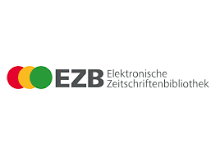Inclusive curriculum design with a focus on cultural relevance.
Abstract
Currently, the curriculum is conceived as a fundamental tool to promote equity in education, by recognizing the diversity of students and eliminating barriers that hinder their access to learning, however, the incorporation of a cultural perspective is crucial to make it more inclusive and appropriate to the realities of the students. This article aims to reveal theoretical elements that characterize curricula as inclusive and culturally meaningful. Methodologically, it is framed in a qualitative research under the interpretative approach, based on a hermeneutic documentary analysis. Four theoretical categories emerged that allow re-signifying the curriculum, highlighting its contextualization, institutional integration, educational interaction and critical-reflective teacher training.


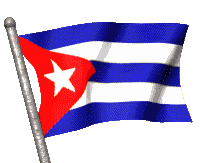









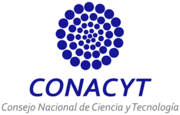
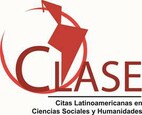




















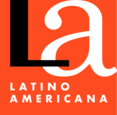

1.png)

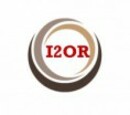





1.png)



